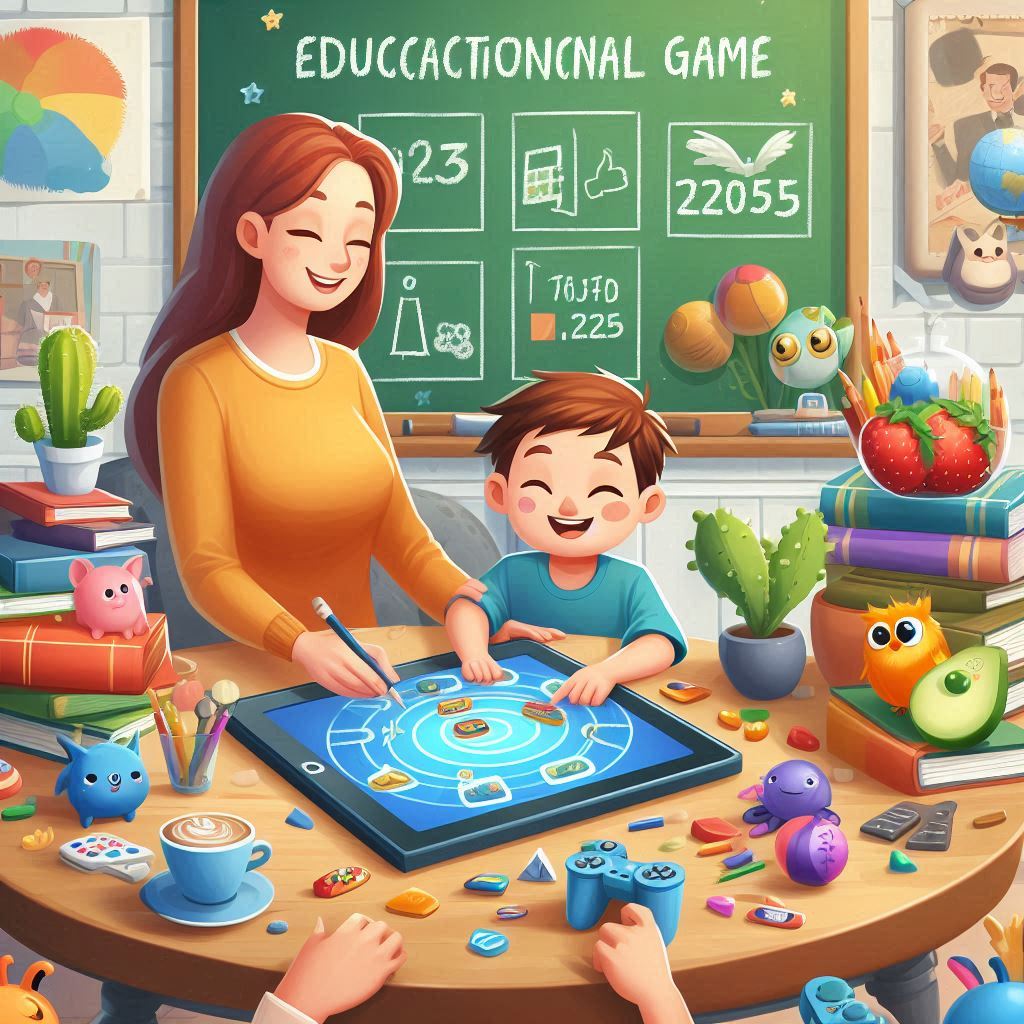
Parent’s Guide to Educational Games 2025
In 2025, the landscape of educational games has evolved significantly, offering a plethora of options that blend learning with fun. As a parent, navigating this world can be overwhelming, but fear not! This guide is here to help you make informed choices for your child’s educational journey.
1. Understanding the Benefits of Educational Games
Educational games are more than just a way to keep your child entertained. They offer numerous benefits, including:
- Enhanced Cognitive Skills: Games that involve problem-solving, memory, and critical thinking can boost cognitive development.
- Improved Social Skills: Multiplayer games encourage teamwork, communication, and empathy.
- Motivation and Engagement: Gamified learning keeps children motivated and engaged, making learning enjoyable.
2. Top Educational Games of 2025
Here are some of the best educational games that have gained popularity in 2025:
- MathQuest: An adventure game that teaches math concepts through quests and puzzles.
- ScienceLab: A virtual lab where kids can conduct experiments and learn scientific principles.
- HistoryHeroes: A game that takes children on historical adventures, teaching them about significant events and figures.
- LanguageLands: A language-learning game that immerses children in different languages through interactive stories and activities.
- Artistry: A game that encourages creativity and artistic skills through drawing, painting, and design challenges.
3. Choosing the Right Game for Your Child
When selecting an educational game, consider the following factors:
- Age Appropriateness: Ensure the game is suitable for your child’s age and developmental stage.
- Learning Objectives: Look for games that align with your child’s educational goals and interests.
- User Reviews: Check reviews from other parents and educators to gauge the game’s effectiveness and engagement level.
- Accessibility: Choose games that are easy to navigate and understand, ensuring a smooth learning experience.
4. Balancing Screen Time
While educational games offer numerous benefits, it’s essential to balance screen time with other activities. Encourage your child to engage in physical play, reading, and social interactions. Set clear boundaries for screen time and monitor your child’s usage to ensure a healthy balance.
5. Involving Yourself in the Learning Process
Take an active role in your child’s learning journey by playing educational games together. This not only strengthens your bond but also allows you to understand the content and provide guidance. Discuss the concepts learned in the games and relate them to real-life situations.
Conclusion
Educational games in 2025 are powerful tools that can transform learning into an exciting adventure. By choosing the right games and balancing screen time, you can help your child develop essential skills while having fun. Embrace the world of gamified learning and watch your child thrive!




